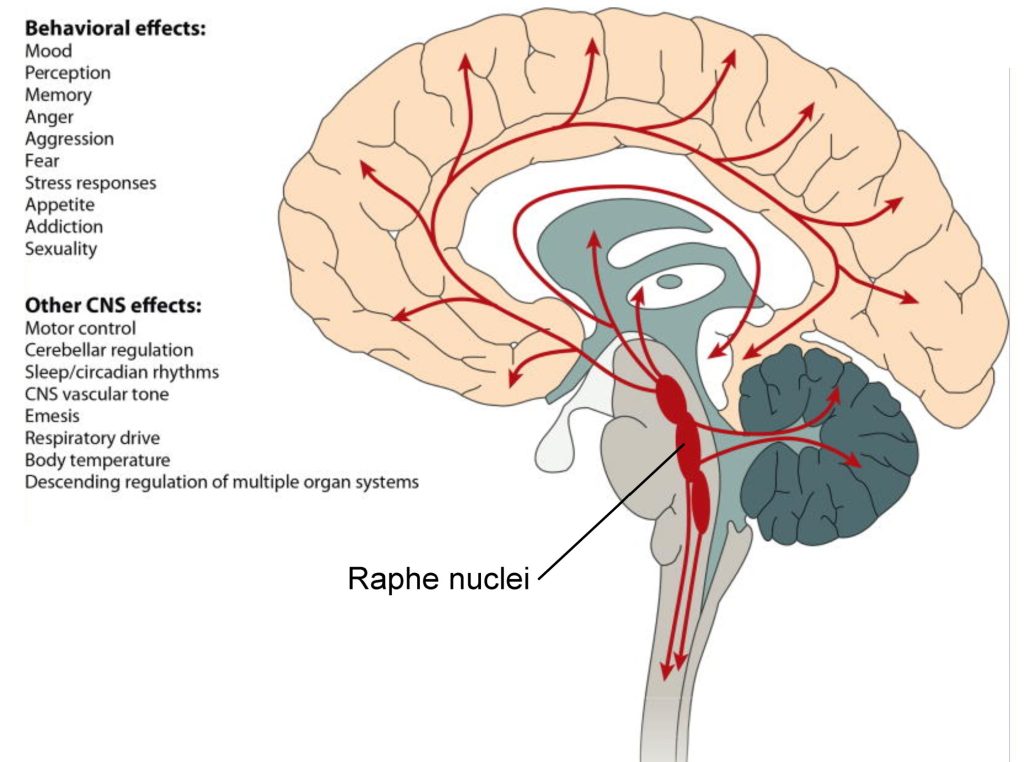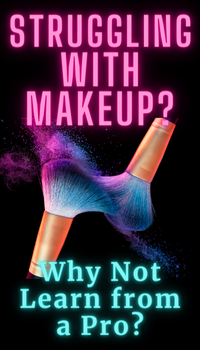Transgender Depression
It is quite common for people, especially transgender people, to feel depressed. Transgender people are subject to a particular kind of depression associated with cultural rejection. Drugs have helped but they are relatively blunt instruments that have side effects. How they work or don’t work in the brain is complicated and still under study. However, there are some behavioral techniques which you can use to deal with stress and reduce stress-related depression and improve your stress immunity. Nothing I am going to tell you about should be taken as medical advice, I only provide the science.
There are two kinds of depression—organic and reactive. Organic depression is long-term and is primarily biological. It may last a lifetime unless treated with drugs. Reactive depression is a response to environmental stress and is usually a normal response that can be overcome. It is experienced by both transgender and non-transgender people as they encounter difficult, stressful events.
Transgender people are particularly susceptible to reactive depression because they experience rejection by other people in the culture as well as having the “normal” life stressors to which everyone is subject. The essence of being transgender is to be a cultural outlaw since we violate the cultural gender system. Therefore, we are more likely to be subject to rejection. Rejection can take many forms such as deliberate misgendering, name calling, bullying and rejection by potential friends and lovers. And the resulting depression can have many symptoms
 .People who are part-time transgender crossdressers may also experience stress because they have to wait for safe opportunities to express their transgender behavior. They also must conceal being transgender. Maintaining secrecy is stressful. Secrecy requires a high mental workload to make up lies and keep all the lies straight. Around the water cooler on Monday morning, one cannot say that they went to a crossdresser meeting or went out to locations which are gay or transgender associated, but instead make up some plausible lie.
.People who are part-time transgender crossdressers may also experience stress because they have to wait for safe opportunities to express their transgender behavior. They also must conceal being transgender. Maintaining secrecy is stressful. Secrecy requires a high mental workload to make up lies and keep all the lies straight. Around the water cooler on Monday morning, one cannot say that they went to a crossdresser meeting or went out to locations which are gay or transgender associated, but instead make up some plausible lie.
The science of depression is, of course, dominated by pharmacology. There are big bucks to be made from drugs that seem to alleviate depression. Although the exact actions of anti-depression drugs are often not known, research must be based on some sort of theory—for medical treatment this is a “medical model”. According to the medical model, scientists developed the “serotonin theory of depression.” Serotonin is a chemical found in various places of the nervous system and is believed to act as a neurotransmitter. The brain manufactures serotonin in structures called the raphe nuclei which project all over the brain and down into the spinal cord.
Serotonin is created by cells using the amino acid tryptophan which is found in many foods.
Nerve cells (neurons) pick up information from other neurons (as described below), process it and send an ionic (salt) disturbance down a long cell protuberance (axon) to communicate with other cells. The longest axon is one in the leg which is over a meter long but most are much shorter than that. A neurotransmitter is a chemical that is used by nerve cells (neurons) to communicate with other cells. There is a gap between these cells called a synapse into which neurotransmitters are released. They flow to receptor sites on the receiving neuron and change its ionic charge.
The believed site of action of drugs to combat depression comes next—the reuptake pump. There is a lot of unused serotonin left in the synapse gap and there are active chemical mechanisms which pull the unused serotonin back into the presynaptic neuron. And there are other chemicals (monoamine oxidases (MAO)) that “mop up” any remaining unused serotonin and “burn it up.” MAO inhibitors constitute another class of anti-depressants which are used for difficult cases.
The primary drugs currently used for depression are called selective serotonin reuptake inhibitors (SSRIs). Brand names for such drugs are Zoloft, Paxil, and Prozac. The action of such drugs seems to be to lessen reuptake of serotonin from the synapse. We know this because of studies using isolated cells in vitro, that is, in artificial environments outside of animals.
The SSRIs work for both organic and reactive depression but have a lot of downsides. First, you have to take the drugs for several weeks to see benefits. You may have recovered from a reactive depression episode before such drugs can help you. Second, there are withdrawal symptoms, particularly if you suddenly stop taking the drugs. Third, they will not address your life difficulties and rejection situations. You have to do something about them; the drugs won’t make them go away. Fourth, the SSRIs can interact with other medications to create too much serotonin, thus putting you into worse depression. Doctors and pharmacists must be very careful not to let you take drugs which might interact. Fifth, the SSRIs tend to increase your thinking about suicide (suicidal ideation). Transgender people, particularly young transgender people are already susceptible to suicide ideation and the SSRIs may make matters worse. For all these reasons, it is important that you see a physician and not take SSRIs on your own if you are depressed.
Because turkey contains substantial amounts of tryptophan, the raw ingredient in serotonin, there is mythical tale that increased tryptophan is responsible for the sleepiness after Thanksgiving dinner. But this is not true. Tryptophan is not absorbed fast enough to make a difference and the sleepiness may be due to the pumpkin pie or other dessert. Alternatively, the drowsiness may be due to release of other chemicals or to blood shunting away you’re your brain to the intestines to absorb that big meal.
The science of depression has been under study for many years to develop drugs or other therapies to alleviate it. But the science is not completely settled, yet. In the last several years, the serotonin model has been challenged but it’s all we have. The only usefulness of theories is that can be disproven with evidence and new or modified theories developed.
There are non-drug approaches to prevent depression by alleviating stress. They include reinterpretation of situations, meditation, and relaxation. The story is told that there was a bunch of high-priced psychiatrists who were sent to special forces military units to help them learn approaches to deal with the stress and trauma they undergo during their operations. When the psychiatrists got there, they found that the soldiers were already using such approaches. And it is documented that warriors have used such approaches, dating at least back to the Japanese samurai.
Recasting the memory of a stressful situation in your mind or picking out the funny aspect of a situation is known as reinterpretation. Warfighters come back with all kinds of “war stories” that are humorous and distract from the horror of war. If someone misgenders you and calls you “Sir” just be glad that they are using a word that conveys respect, even if it is the wrong one; it should be Ma’am but they may mistake your size and height as masculine traits without looking carefully. Giving them a break provides you with a reinterpretation that is less stressful. Getting angry does not solve anything; it makes people believe that transgender people are unstable and crazy. And it makes you more likely to get depressed. Sometimes you can gently correct the person if the situation is right but getting angry will only make you depressed later.
Quiet meditation for a few minutes can help you look on the brighter side of things. It need not be formal Transcendental Meditation. Meditation desensitizes you to memories of your stressors by invoking them in your mind while relaxing your body. Thus, such memories become attached to relaxation, rather than emotional states. Progressive muscle relaxation with breath counting which is similar to self-hypnosis can help relieve stress as well as encourage sleep. This technique involves you learning how to consciously relax muscles.
The simplest and most important thing you can do to alleviate stress which leads to depression is to take care of yourself. Eating right, getting enough non-alcoholic fluids to drink, getting enough sleep, and getting exercise as you are able are important. All of these should be done in moderation to make you more stress tolerant. And one final piece of non-professional advice, go get help from a transgender-friendly medical or mental health professional.
Category: Transgender Science












